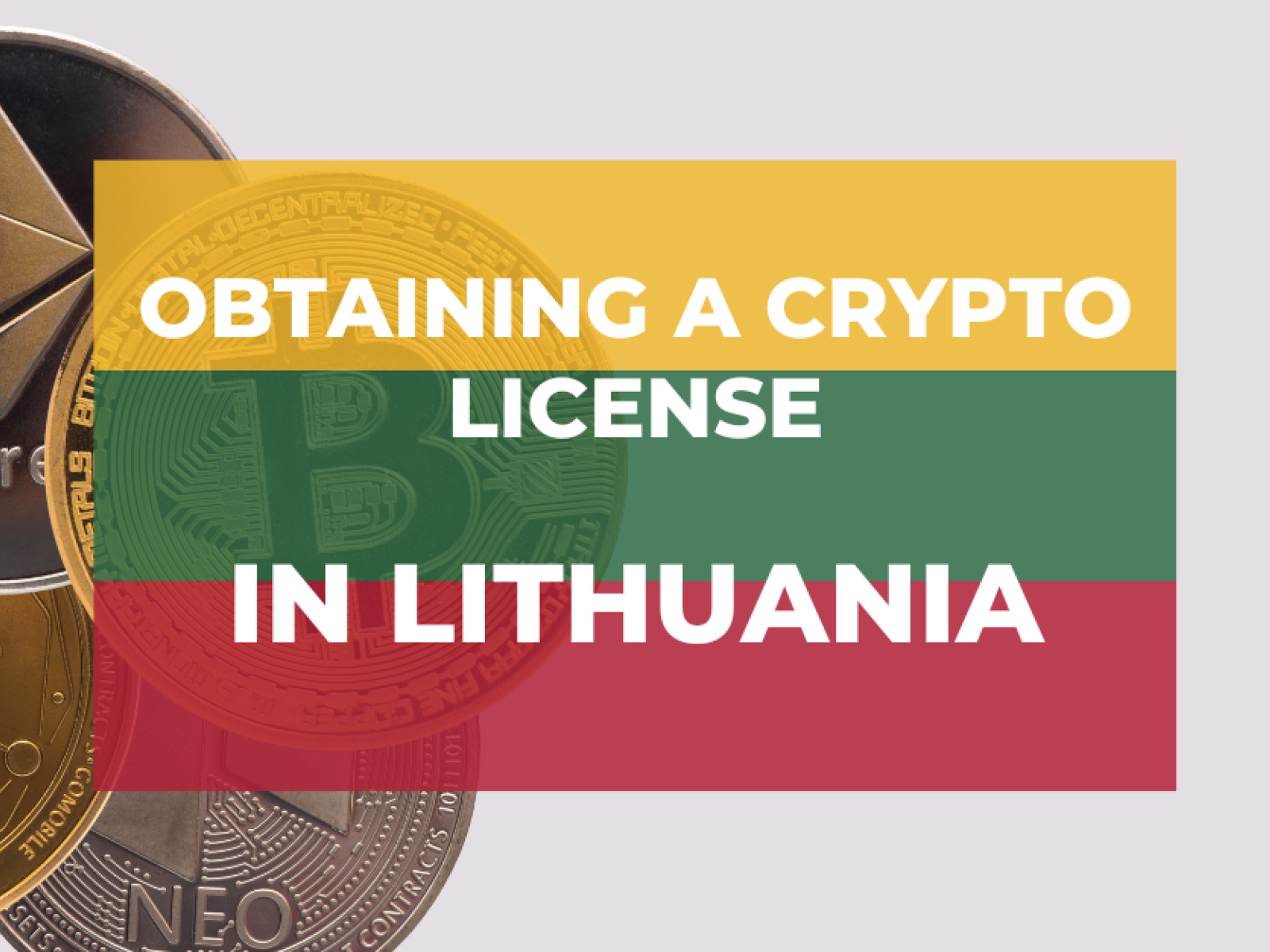Obtaining a Crypto License in Lithuania
2023 12 04Obtaining a crypto license in Lithuania is a streamlined process, all thanks to the government of the European Union country.
Lithuania has emerged as a favorable destination for cryptocurrency businesses. This favorability is due to several key factors. Firstly, the country has simplified obtaining licenses for cryptocurrency-related activities, making it easier for businesses to establish themselves. Lithuania's membership in the European Union provides access to a large market and a regulatory framework that promotes transparency and accountability.
Additionally, the Lithuanian government supports fintech innovation, offering regulatory sandboxes for experimentation. Institutions in Lithuania also provide education and awareness initiatives related to blockchain and cryptocurrencies. The country boasts a supportive ecosystem with co-working spaces and accelerators for startups.
Moreover, Lithuania strongly emphasizes security and compliance within the cryptocurrency sector. It also has a well-developed financial infrastructure, providing easy access to payment services. These combined factors make Lithuania an attractive and conducive environment for cryptocurrency and fintech ventures to thrive.
Is cryptocurrency allowed in Lithuania?
Lithuania has become among the most crypto-friendly countries globally due to its well-established legal framework for cryptocurrency businesses. The regulatory environment in Lithuania is designed to maintain strict control over cryptocurrency operations, preventing any potential issues related to money laundering or terrorist financing.
Despite these stringent regulations, obtaining the necessary permissions for engaging in cryptocurrency exchange or wallet maintenance services is feasible, making Lithuania an attractive destination for crypto companies.
Do you need a crypto license in Lithuania?
In Lithuania, a crypto license is required to provide cryptocurrency services. This regulation allows the regulatory institution to oversee crimes such as terrorism and money laundering.
In Lithuania, two types of licenses are available for operating within the virtual currency sector:
- Cryptocurrency Exchange License: This official license allows companies or specific departments within enterprises to exchange cryptocurrencies for real money or other cryptocurrencies while earning a commission.
It covers activities related to converting cryptocurrency to fiat currency and vice versa and cryptocurrency-to-cryptocurrency exchanges. Essentially, it authorizes the operation of a cryptocurrency exchange.
- Cryptocurrency Wallet and Custodian Services License: This license is mandatory for entities that offer cryptocurrency storage services in the form of wallets. Providers of cryptocurrency wallet services generate encrypted keys for their customers, enabling them to store, exchange, and transfer virtual currencies securely.
Companies can obtain either or both licenses, depending on their specific business activities and requirements. Experienced professionals and business service providers offer guidance and support throughout the application process for obtaining either the cryptocurrency exchange license, the cryptocurrency wallet and custodian services license, or both in Lithuania.
How do I get a crypto license in Lithuania?
In Lithuania, crypto license requirements are laid out and straightforward. The documents required may vary depending on the type of services you want to provide in the digital asset business.
Establishing a limited liability company (UAB) that will provide cryptocurrency exchange or storage services is essential to applying for a cryptocurrency license in Lithuania. It's important to note that Lithuania introduced new legislation, effective November 1, 2022, which mandates a significant increase in the minimum share capital required to start a crypto business. Previously, the minimum share capital was 2,500 euros, but under the new law, entrepreneurs must have a share capital of 125,000 euros.
Additionally, the new legislation introduces the creation of a special Lithuania crypto license register, which will list licensed cryptocurrency companies. It also requires appointing an exclusive Anti-Money Laundering (AML) officer within the company.
The legal form of a UAB (LLC) allows for providing custody wallet operator services and cryptocurrency exchange services. This legal structure suits entrepreneurs looking to engage in cryptocurrency-related activities in Lithuania.
It's worth highlighting a crucial aspect of the new Lithuanian legislation for crypto companies. Despite the requirement for a registered capital of 125,000 EUR, the legislation allows for registering a crypto company without needing an authorized capital contribution, which can be done at any time.
This flexibility is a distinctive feature of Lithuania's crypto-business regulatory framework. Unlike many other European jurisdictions, Lithuania offers a streamlined and cost-effective approach to registering and launching a crypto company, aligning with some MiCA Directive principles, which aim to regulate the crypto market in the European Union.
Frequently Asked Questions
Can you buy cryptocurrencies using cash in Lithuania?
Bitcoin ATMs are available in Lithuania. These machines are an excellent way to exchange Lithuanian currency for cryptocurrencies, especially in Lithuania. Another positive of using these ATMs is that they demand few KYC (Know Your Customer) procedures. The ATMs can be found easily in stores, malls, airports, restaurants, and just about any place with significant human traffic.
Quite a good number of cryptocurrency exchanges are functional and available in Lithuania. The availability of these exchanges even permits you to purchase cryptocurrencies anonymously. Some of the popular cryptocurrency exchanges include LocalBitcoins and Paxful.
Summary
Essentially, obtaining a cryptocurrency license in Lithuania is feasible and straightforward. Nevertheless, hiring the services of Lithuanian legal and business service providers is advised to streamline the process.
The friendly regulations of Lithuanian institutions are welcoming and do not frustrate the use of cryptocurrencies in the country. However, it is essential to emphasize that you need a cryptocurrency license to provide cryptocurrency-based services.
Finally, cryptocurrency proceeds are taxable, and failure to pay these taxes may result in consequences.

